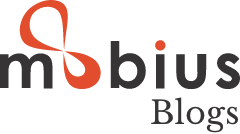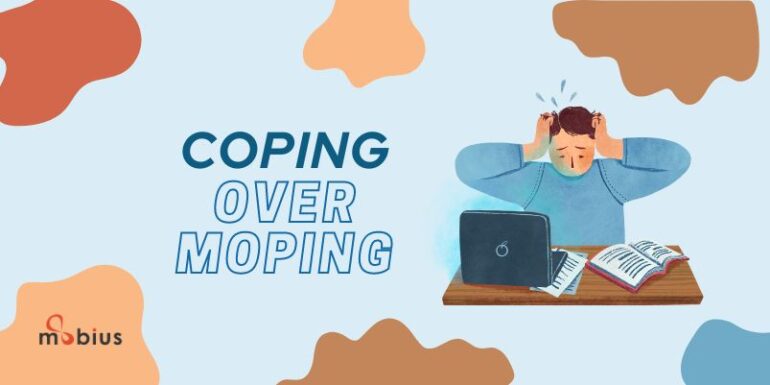“I would love to join you for dinner, but I’m held up at my office” might sound familiar to most of us. We often feel overworked, miss deadlines, skip self-care routines, and find ourselves in a mess. With the shift to remote work, one might say managing deadlines has gotten easier. But despite the advantage of being at home, finding time to create a plan becomes hectic for many. Well, if you can relate to all of this, this blog is just the right one for you.
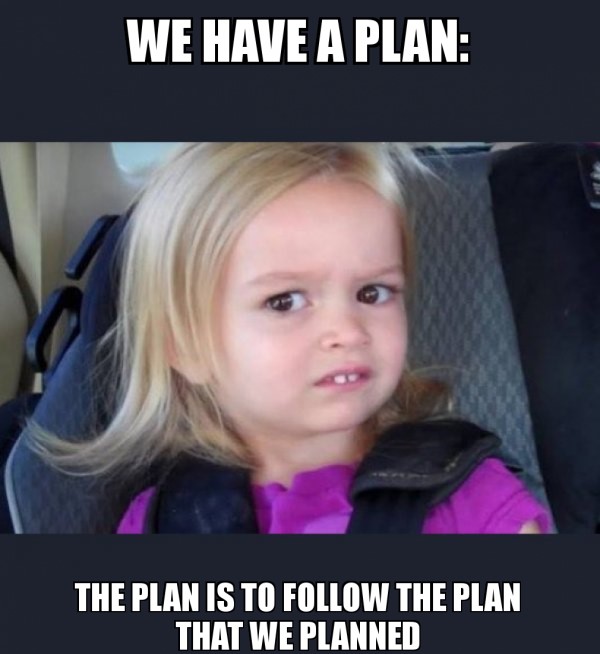
One of the most important aspects of becoming successful is planning ahead. But have we really given it much thought? It turns out that only when we need to sit down and plan, do our minds go blank. Before we realize this, it begins to get overwhelming and with this comes stress and anxiety riding along, driving us cold feet.

Work stress and coping mechanisms have been discussed in various forums since the pandemic began, but we have failed to incorporate these into our lives. It’s high time we start understanding and practicing to cope with situations rather than mope about them. Having understood the challenges, here are a few tips and tricks to manage hectic work situations:
Make notes and set reminders.
As said earlier, creating a plan to make the major plan work is by itself a much bigger task. But how can we do it with ease? We can try putting the Action Priority Matrix into practice, which helps prioritize tasks better. The four quadrants in the matrix talk about how much effort must be given to each job, keeping their results in mind.
Quick wins are the ones that need significantly less time but yield faster and greater results. It acts like a little booster pushing us to move forward with other bigger tasks. Major projects require more time, but their results are very impactful, providing higher value. It is to be taken into high priority always. Fill ins are those tasks that need not be of high importance. It can be done in spare time or can be delegated. Lastly, thankless tasks are the ones where the results are the least impactful, hence can be avoided or be done at a later point in time.
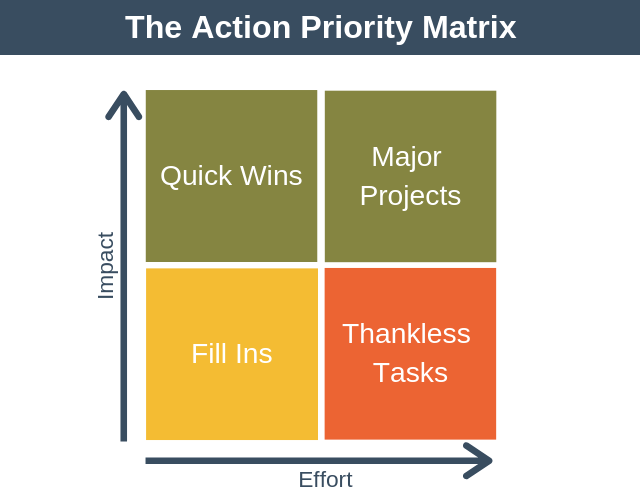
This matrix guides us in using our time, energy, and abilities to our fullest potential. By working on high-priority tasks easily, we become prepared for the goal with more clarity and, yes, much more excitement.
Try single-tasking over multitasking.
This tip might sound bizarre, but it helps improve efficiency and effectiveness. Multitasking has always been one of the most significant advice given to beginners. It creates an illusion of higher productivity, but to speak the truth, it is far from increasing productivity. As there is a lot of movement back and forth, it slows down the pace at which work can be done.
Single-tasking, on the other hand, helps reduce distraction and chaos. It lowers stress levels as the energy used is much lesser than multitasking. It brings in the focus required to complete the job and hence, a sense of accomplishment.
Cut yourself some slack.
Often we delve too much into our work that no matter how much we try to run away, it still catches up with us.
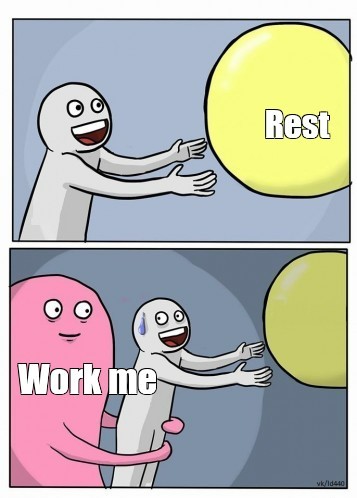
The pressure of meeting deadlines, living up to the set expectations, and working with competition, altogether makes it hard for us to leave the work for a break. But we often forget that a quick break from work brings in the lost energy to complete the job even faster. Grabbing a coffee, taking a stroll on the veranda, a quick catch-up with family, or just relaxing on the patio gives your eyes a much-needed break to bounce back to work.
Don’t compare your progress too often.
Comparing your progress works fine as long as it is not done too often. It is necessary here to remember the importance of quality over quantity. When you focus on the quality of your work, you achieve results that allow you to feel accomplished, while focusing on quantity might lead you to make hasty decisions and less meaningful actions. Instead of beating yourself up for not catching up to the amount of work your teammates do, try focusing on how good your progress has been so far. This certainly helps reduce the thought of feeling weak or unworthy.
Ultimately, it becomes necessary that we complete the tasks on time. And to do this, moping about the strenuous schedule only makes it harder. These tips on planning are some of the common practices most people seek to overcome feelings of being snowed under at work. But just when we think it is all over, comes the execution and feedback phases, banging on our doors. Implementing a plan comes with multiple distractions and obstacles. So to execute effectively, we might have to be less rigid and more open to uncertainty. Besides, it is also important to be open to suggestions, and small failures in the process, because:
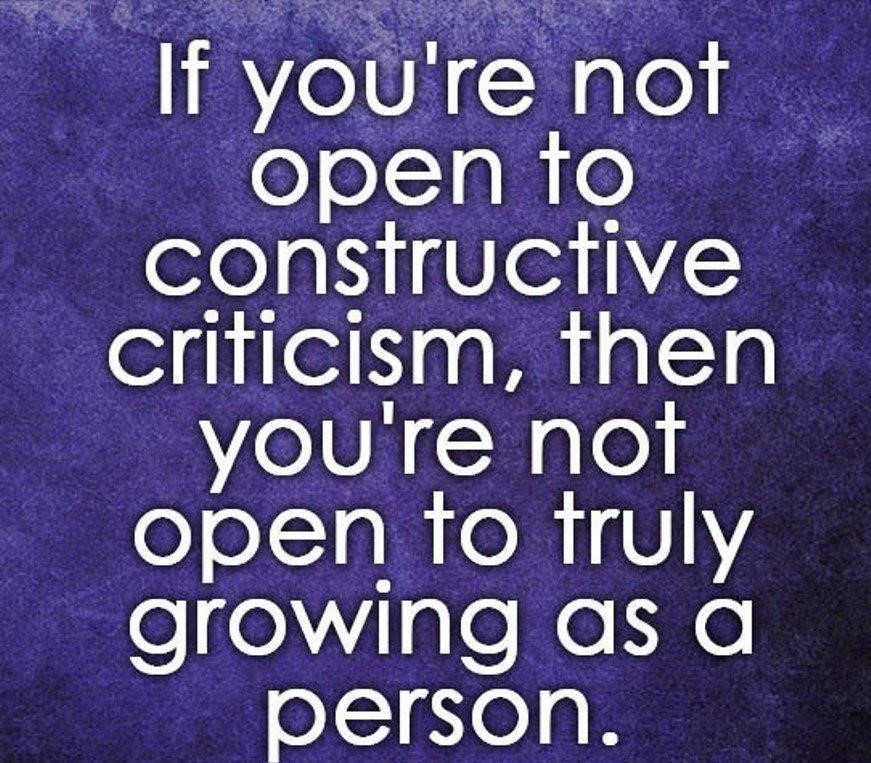
So gear up, cheer up and get moving! Remember, to err is human, so what doesn’t kill you only makes you stronger.

